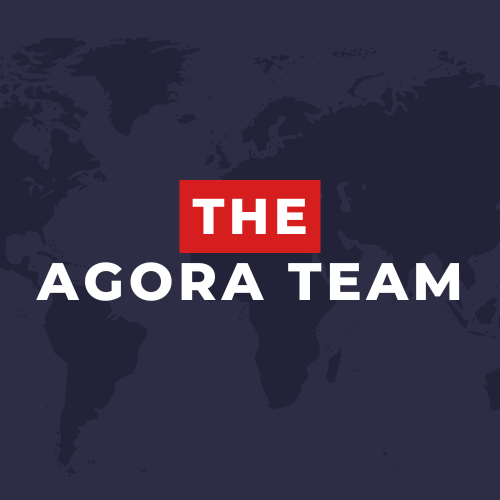Ghana Risks Losing $500 Million in Revenue If Lithium Refinery Proceeds – Report

Ghana could forfeit up to $500 million in potential revenue if it proceeds with building a lithium refinery under the terms outlined in its first lithium agreement with Barari DV, a subsidiary of Australia-based Atlantic Lithium. This is according to a new report released by the Natural Resource Governance Institute (NRGI).
The report, based on NRGI’s economic modeling, warns that the proposed refinery is unlikely to deliver significant returns for the country. It highlights that, in order to remain viable, the facility would need to purchase lithium concentrate from Ghana at below-market prices—diverting potential government earnings to sustain its operations.
“A refinery built in the next few years is unlikely to generate much benefit for Ghanaians,” the report states. “NRGI modeling suggests it could cost the government at least $500 million in lost revenue.”
While the government has emphasized value addition as a cornerstone of its green minerals strategy, the findings raise serious questions about the economic feasibility and long-term benefits of the proposed refinery. The report further notes that once operational, the refinery is expected to create fewer than 200 direct jobs, with limited prospects for boosting related industries.
In contrast, the costs—financial, environmental, and social—could be significant. “The opportunity costs, as well as environmental and social harms, could be considerable,” the report cautions.
Ghana signed its inaugural lithium deal with Atlantic Lithium in October 2023, granting Barari DV the right to develop the Ewoyaa Lithium Project in the Central Region. The agreement includes provisions for local processing, a move the government views as part of its broader industrialization agenda and an effort to retain more value from mineral resources.
The company aims to begin producing lithium spodumene concentrate within two years of receiving parliamentary approval for its mining lease. Half of the projected output from the Ewoyaa mine is already designated for export.
However, nearly 18 months after the deal was signed, Parliament has yet to ratify the agreement—delaying key components, including the proposed refinery.
NRGI acknowledges Ghana’s desire to move up the lithium value chain but cautions that geographic proximity to resources is only a minor factor in determining the viability of refining. The report urges the government to anchor its strategy in sound economic analysis, market trends, and a realistic cost-benefit evaluation.
The report also points to a difficult global backdrop for lithium refining. Despite growing global interest, only a few lithium refineries have succeeded outside of China, which dominates the sector due to technical expertise and lower costs. Of the three refineries outside China, two have recently scrapped their expansion plans.
Adding to the challenge, global refining capacity is currently oversupplied, while uncertainties persist around future lithium chemical prices and demand. These factors, according to NRGI, would make it difficult for a Ghanaian refinery to remain competitive or attract investors—especially with limited access to additional lithium feedstock beyond Ewoyaa.
NRGI’s modeling suggests that unless the refinery significantly underpays for locally mined lithium concentrate, it would remain unprofitable. This would directly reduce government income from royalties, taxes, and dividends paid by Barari DV.
“Even if the refinery manages to secure enough feedstock for a 20-year operation, the government still stands to lose more than $300 million in revenue,” the report states. It adds that if the government were to fund or operate the refinery itself, the burden on public finances would be even greater.
As an alternative, NRGI recommends a more cautious “mine-and-monitor” approach. This would prioritize the timely start of mining operations at Ewoyaa, support further exploration, and track global refining market conditions while developing a long-term strategy for potential byproduct use.
Finally, the report calls for transparency and public involvement in the decision-making process, emphasizing that open dialogue is essential to building trust, managing public expectations, and attracting responsible investment for Ghana’s future in lithium refining.



